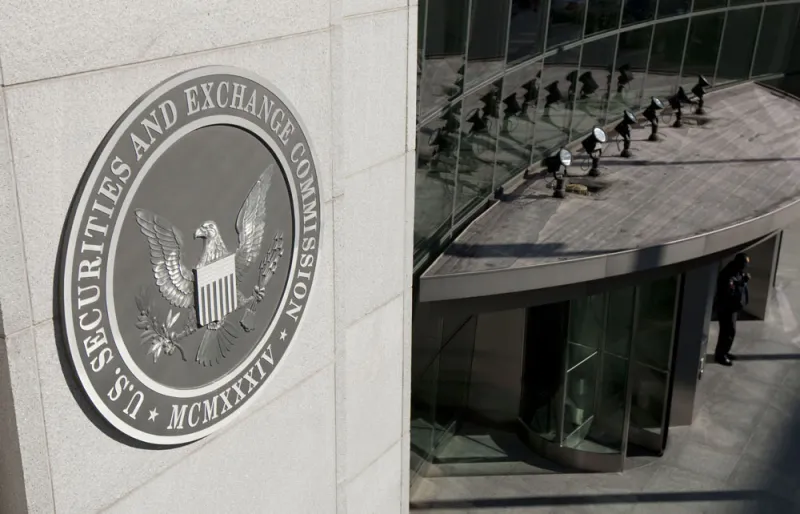S&P Dow Jones Indices has settled with the SEC over charges that it published stale valuations of a volatility-related index.
The Securities and Exchange Commission announced Monday that S&P had agreed to pay a $9 million fine without admitting or denying the SEC’s findings.
The regulator’s charges had centered on the S&P 500 VIX Short Term Futures Index ER, a volatility-tracking product that S&P licensed to certain issuers, including Credit Suisse, which used the S&P product for an exchange-traded note that tracked the index.
On February 5, 2018, the VIX spiked 115 percent. But between 4 p.m. and 5:08 p.m. that day, the S&P’s index allegedly remained static due to a previously undisclosed “auto hold” feature that triggered when the index breached certain thresholds.
According to the SEC order, the issue stemmed from the S&P team tasked with monitoring that index. On the day of the snafu, one of the two people responsible for monitoring the index was allegedly out of the office. The remaining staffer knew about the index’s volatility and even commented on it, the SEC said.
But at the end of the trading day, things went haywire. The employee had gotten alerts that auto holds had been activated, but did not release them or investigate their cause, according to the SEC.
The employee had been told by his supervisor that he should prioritize end-of-day validations over real-time price and index level monitoring during the last hour of trading, the SEC said.
“S&P DJI has reviewed its methodologies and its related policies and procedures as part of its index governance processes,” S&P said in a statement Monday. “The company continues to enhance and strengthen its control framework and operations to meet the needs of its clients and the evolving markets it serves.”
Credit Suisse’s Involvement
Because the S&P product was the primary valuation used for Credit Suisse’s exchange-traded note, those values were also allegedly incorrect. The ETN had a threshold at which it could call all of its outstanding notes; that threshold was breached on the day of the volatility spike, but the valuations didn’t show it.“When index providers license their indices for the issuance of securities, as S&P DJI did here, they must ensure that the disclosure of critical features of their products, as well as the publication of real-time values, are accurate,” Daniel Michael, chief of the SEC enforcement division’s complex financial instruments unit, said in a statement.
A spokesperson for Credit Suisse declined to comment on the news.
The valuation issue is part of a recently revived court case against the bank relating to the product. In April, an appellate court judge agreed to revive a lawsuit filed by a group of investors led by Set Capital that alleged market manipulation against Credit Suisse.
However, the judge threw out the claims that Credit Suisse had failed to update the price information of the ETN product.







